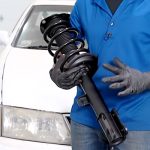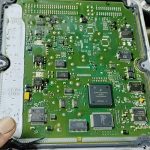In the modern automotive world, electronic systems play a pivotal role in ensuring smooth operations and seamless connectivity within our vehicles.
Among the key components that oversee these intricate networks is the Multiplex Control Unit (MCU).
The MCU, also known as the Body Control Module (BCM) or Central Gateway Module (CGM), serves as the communication hub, coordinating various electrical systems and facilitating data exchange.
While the MCU operates behind the scenes, it is responsible for controlling crucial functions such as lighting, climate control, security systems, and much more.
However, the multiplex control unit is not invincible like any other electronic component. Over time, it may succumb to wear and tear, leading to malfunctions and potentially disrupting the entire vehicle’s operation.
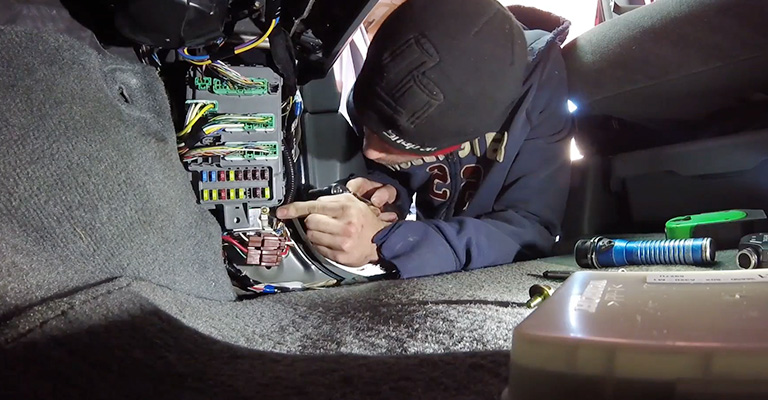
Symptoms Of A Bad Body Control Unit
Symptoms of a bad body control unit include faulty electrical systems like central locking, window and wiper wipers, lights and immobilizers.
As well as causing battery drain, a non-starting car, entertainment system issues, and the check engine light, it can also result in battery drain or no start at all
When symptoms of a malfunctioning body control unit are intermittent, diagnosis can be challenging.
You should run a diagnostic check on your vehicle if your vehicle has any of the above problems to see if any errors are logged in the body control module.
The most common error code that occurs when a body control module fails is U0140. You have three main controllers in your vehicle, one of them being the body control module.
Most of the other vehicle systems that aren’t associated with the engine or transmission are controlled by the computer.
If it becomes damaged or fails, it can cause a wide range of symptoms that are usually intermittent and can leave you scratching your head. Body control module problems can lead to the following symptoms:
Electrical Systems Not Working As They Should (Or Intermittently)
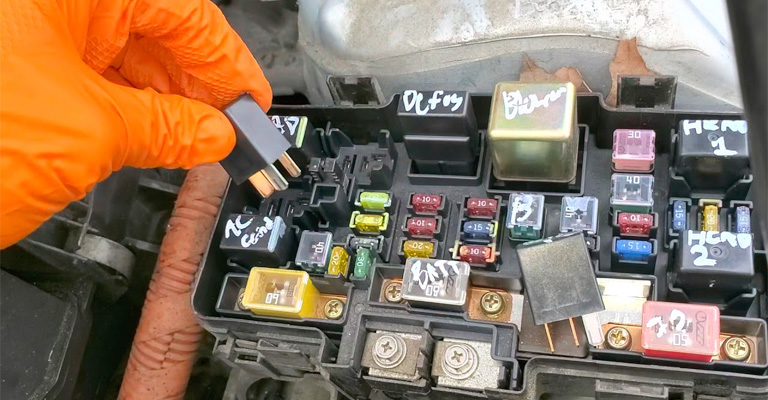
Most of the electrical systems in a vehicle are operated by the body control unit. Several of these auxiliary components can develop problems in conjunction with the body control unit.
Finding the cause of the problem may be difficult if the body control unit is still operating without registering any error codes with the power train module. Sometimes, swapping out the body control unit for a new or refurbished one is required to resolve the issue.
Faulty body control units frequently cause intermittent problems with components like electric windows, headlights, central locking, head units, door locks, wipers, dashboard instruments, the horn, parking sensors, and interior lighting.
The Battery Keeps Draining
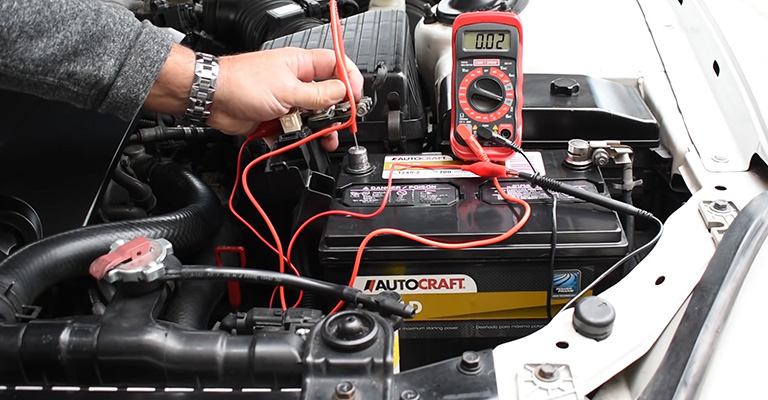
In case of a short circuit or faulty circuit board in the body control unit, the vehicle battery could be drained. Known as parasitic drains, this occurs when a system controlled by the body control module consumes too much current.
Body control modules control various electrical systems, such as lighting, parking sensors, and vehicle alarms. If the body control module is malfunctioning, electrical components may be left on when they should be turned off.
Battery drain can occur if the vehicle is left parked overnight or when the engine is turned off.
It is possible that interior lighting does not shut off when the ignition is turned off or that the radio remains on when the ignition has been turned off while the car is locked.
The Engine Won’t Start
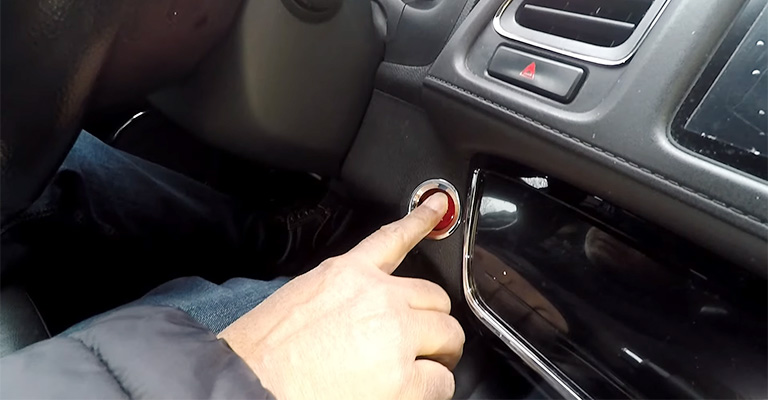
An ignition key must be engaged for the starter motor to operate and the engine to begin. Body control modules usually control ignition, so any problems with them can lead to a vehicle that won’t start.
The reason for coding or replacing new keys is that they work only on vehicles with the corresponding code.
Body control units verify that the correct key is in the ignition (or in your pocket if you have an intelligent wireless key) when you flip the key in the ignition or click the start engine button.
An engine can only start if the ID stored in the body control module matches the key ID. An engine that does not start is usually caused by a communication problem between the ignition switch and the BCM.
Failure Of The Central Locking System Or Security System
When one or more of the systems controlled by the body control module are malfunctioning, it will cause problems.
Usually, the first sign of a problem occurs when you attempt to unlock the car or open a door. Whether a keyless entry system is installed or not, the central locking system may fail.
You may also struggle to disable the alarm or immobilizer, and it may take a few attempts. It is necessary to rule out problems with the central locking system and other affected systems before diagnosing a problem with the body control unit.
If there is more than one faulty module in this system, you may need assistance from an automotive electrical engineer.
Warning Lights On The Dashboard
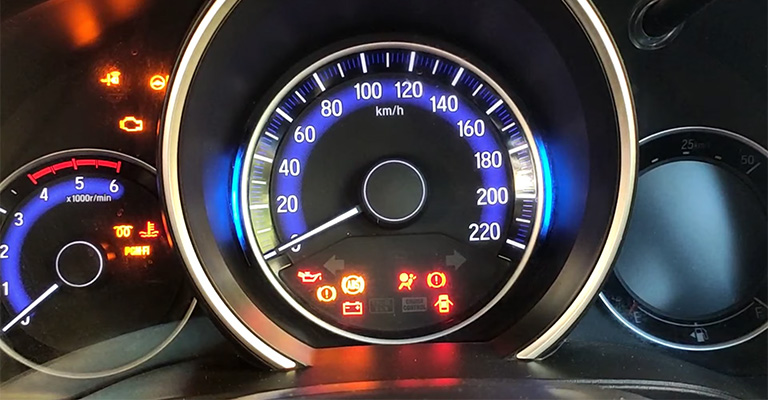
The body control module will be unable to check the operation of systems such as the anti-lock brake module, airbag control module or power train control module if it cannot communicate with them.
A dashboard warning light may flash because it thinks there is a problem with the various systems it needs to communicate with.
It is unlikely you will experience multiple system failures within your vehicle in this case, so diagnosing a problem with the body control module is pretty straightforward.
It’s likely a problem with the CAN (Controller Area Network) bus system or the body control module.
There may not be a clear indication of the problem at first, and you may have to make sure each system is working and that a communication error actually causes the warning lights.
The CAN bus communication network may be overloaded, and you may encounter error code U0001. This may result from corrosion or damage to the wiring loom causing a short through the system.
There is also a possibility that a badly functioning totally integrated power module (TIPM) is the cause.
How Do You Repair A Vehicle Body Control Unit?
It’s typically not possible to repair a body control module at home. It is most likely that a damaged body control module is the result of a fault or failure within the module itself and that the module must be repaired or refurbished professionally.
Usually, replacing a module with a new one or a refurbished one is more cost-effective than replacing it.
It isn’t difficult to replace a body control module. Usually, disconnecting a few electrical connectors and reinstalling some bolts is simply a matter.
The most challenging part of this process is programming the new unit to the vehicle. Most of the time, this is not something that can be done by the average person and has to be left to an auto dealer or independent auto expert.
Depending on the vehicle, you may be able to replace a broken BCM with a used version from a salvage yard or online auction.
For this to work, you must use an identical and serially identical body control module as the one you are removing.
How Much Does It Cost To Replace A Faulty Body Control Module?
An individual body control module can cost between $150 and $2000. In general, it depends on the vehicle model, the age of the vehicle, and whether the body control module can be replaced independently of the power train control module.
The Bottom Line
It is much easier to diagnose if the body control unit fails since the power train control module will detect the failure when it can no longer communicate with it.

